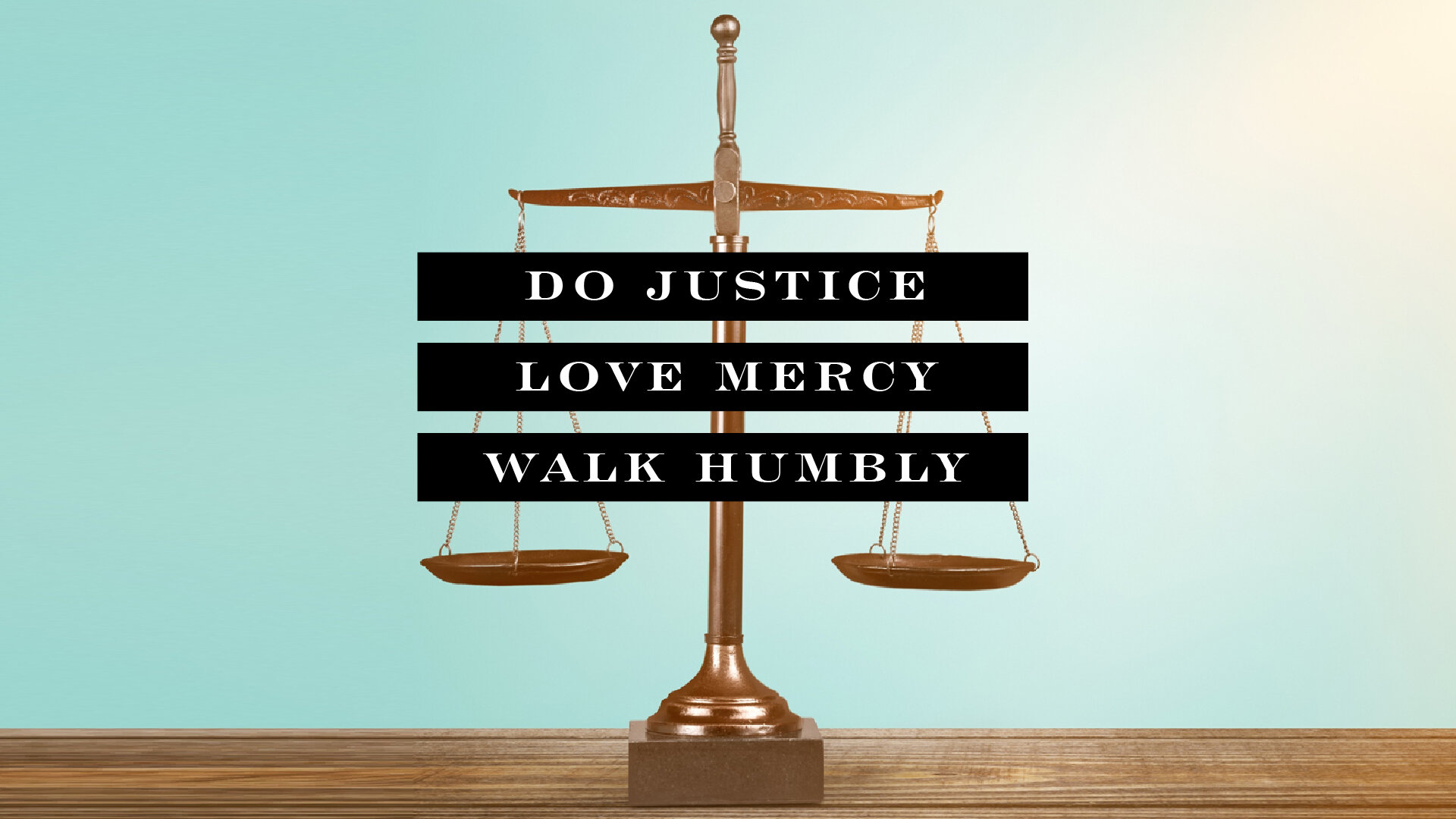Why There Must Be Justice; Thank God for Mercy…
I was in Oklahoma City this week for a conference, which happened to be the twenty-sixth anniversary of the bombing of the Alfred P. Murrah Federal Building.
To refresh your memory, on April 19, 1995, Timothy McVeigh drove a Ryder rental truck loaded with 4,800 pounds of explosive materials into a drop-off zone under a day-care center located in the building. A few minutes earlier, he had lit a fuse. He locked the truck and walked away.
The bomb exploded at 9:02 AM that morning. Within seven seconds, one-third of the Murrah building collapsed. One hundred and sixty-eight people died, including three pregnant women. I was told by a local pastor that the church he served, located across the street from the Murrah building, had its building lifted nine inches off of its foundation and then slammed back down.
Timothy McVeigh and his accomplice, Terry Nichols, were quickly apprehended. They were tried in federal court for murdering federal officers. McVeigh was convicted on eleven counts of murder and conspiracy, sentenced to death, and was executed on June 11, 2001. Nichols was found guilty of constructing a weapon of mass destruction and eight counts of involuntary manslaughter of federal officers. He was sentenced to life in Federal Prison.
Shortly after Nichols’ conviction, family members of other victims began to agitate for a state trial. Their contention was the crime of murdering Federal Officers had been recognized, but their loss also cried out for justice.
Wes Lane was the District Attorney for Oklahoma City at that time. Since retired, he spoke at the conference I attended. He talked about the pressure he faced. “It seemed like everywhere I went in Oklahoma City, people wanted to talk to me about bringing charges against Nichols. Many people had grown weary of the tragedy and wanted to move on. Victims’ families said they could not move on until there was justice.”
As he spoke those words, I understood. Though I have never lost a family member to such a tragedy, it was not hard to feel profound empathy for victims’ families. Imagine kissing your spouse goodbye in the morning, not realizing in ninety minutes their life would end and your world would change forever. There would be daddys’ chairs forever vacant, mothers who would never again hold their children, and little children who had just begun to walk, who would never take another step.
You cannot let a crime like that go unpunished. There is something in our souls that demands justice. The most fundamental understanding of justice rests on the idea of equality. If you make things unequal between yourself and another, say, by robbing another person, justice demands repayment in the form of money or time. If you rob another person of their life, justice demands something to equalize the relationship.
Wes Lane told us the decision to prosecute Nichols was his alone to make. He decided to prosecute Terry Nichols in State Court on 161 charges of murder. A jury of twelve took five hours to decide he was guilty of all charges. They deadlocked on the question of the death penalty. Judge Steven Taylor sentenced Nichols to 161 consecutive life terms without parole; Nichols will never leave prison alive.
After the trial, the daughter of a woman killed in the blast came up to one of the prosecutors and said, “Thank you. Before now, no one has been held accountable for my mother’s murder. Thank you.”
A heinous crime demands justice. We see it so clearly in the cases of McVeigh and Nichols. But imagine you are a God who is pure, without fault. You create a perfect world, put people in it. You give them one rule. They break it. You reach out again and again. They keep breaking your rules. They deny your existence. You offer love and grace. They laugh at you. You send messengers. They ignore some and kill others. Finally, you arrive on the scene yourself, having taken a human body. The best legal system of that time and the best religious system of that time conspire to murder you.
What does justice require? How can the relationship be equal?
This is where we all start. Paul, the great thinker, said it like this, “All sin and fall short of the magnificence of God.” It means in my own way, and in your own way, we make our relationships with God unequal. You and I have known the right thing to do and done the wrong thing anyway. We make rules for ourselves that we cannot even follow (“I will never drink that much again…”).
So God, who is rich in mercy, lets his own death, the death of Jesus, be the payment to bring the relationship back after we have broken it. He knew there was no possibility we could pay the price to make the relationship whole again, any more than Terry Nichols can serve 162 life sentences in a row.
If I compare myself to Terry Nichols, I can feel good about myself. When I compare myself to God, I realize how far I fall short. It takes God’s mercy for both of us.
When you realize this, you begin to understand how rich God is in mercy. If you do not understand that God has enough mercy to cover Terry Nichols’ sins as well as your own, you really do not understand mercy at all.




















